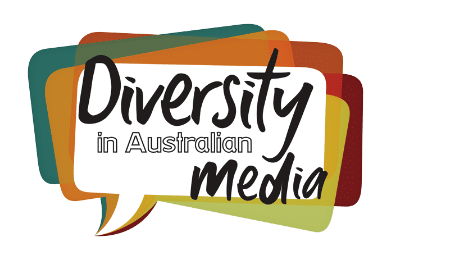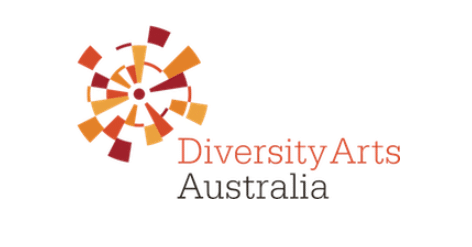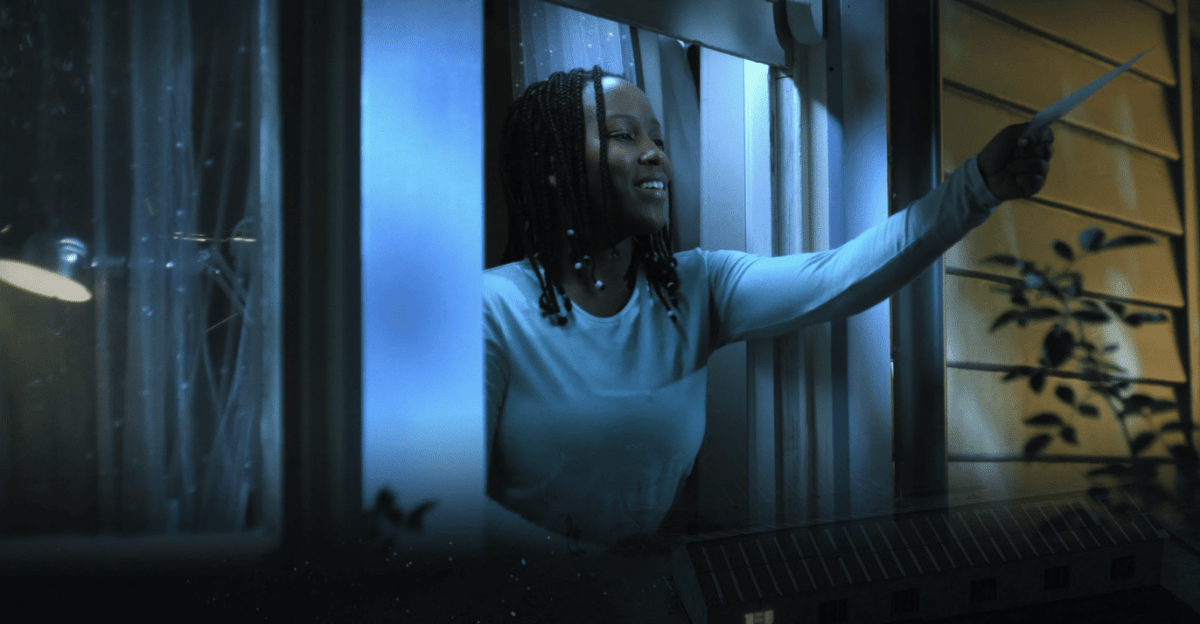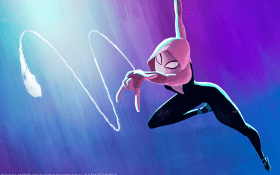Contemporary entertainment in Australia is gradually widening the representation of mainstream media programs. It is also imperative for young Australians to be included and see various representations of cultures and languages which are appropriate for them on TV/films.
The ABC ME’s Kaleidoscope Films Project has certainly accomplished the objectives of presenting vibrant aspects and elaborate observations of contemporary diverse Australian society.
Gugu naGogo, Namaste Yoga, Viv’s Silly Mango and Yaz Queens have amplified the complexities of teen lives in Australia. The vividness of each film represents the individual ethnic culture, impact of personal struggles on family dynamics and sometimes awkward situations of self-discovery.
Gugu naGogo
Gugu naGoGo tells the story of astronomer wannabe Gugu, who relies on the moon to write to her Zimbabwe-based beloved Gogo (grandmother). Written, directed and produced by Taku Mbudzi, the short film uses the mystical symbol of the moon to revitalise the relationship between the three generations.
It is wonderful to see the cultural beliefs openly and bravely discussed in the film without encumbrance or shame, which combined with the inducement of anxiety and concern by the parents underlines the fear and struggles of immersing into Australian society.
Alluring African music contrasted with electric transmission sound exemplified the cultural nuance and the desire to communicate with people in the hometown. The adaptation of the moon and stardust transmits the urgency that one would desire to connect with their loved ones.
The colourfulness and warm tone throughout the film coalesce every character’s energetic affection and reminds the audience to remember the places they came from and the love that family members share.
(4.5 Stars)
Namaste Yoga
Written, directed and produced by Ravi Chand, the film delves into a complex perspective about owning one’s identity and calling out culture appropriation.
Shiv, a ten-year-old boy overcoming his grief of losing his mother, and feeling ashamed of being Indian, got into a fight at school. One teacher recommended mandatory lunchtime yoga to recalibrate the tension between the students.
The authentic rawness of physical prowess one exhibits through the softness and gentleness of yoga is the focal point of the film. Yoga and Indian cultural dance signify the importance of lineage and connection for the family. Constant reminders of cultural references can be seen throughout the film with vibrant visual displays of Hindu deities and adornments giving a real homage to the meaning of identity.
‘In your stillness is where you find your strength.’ The dialogue between father and son reinforces the gentle side of masculinity and calmness in one’s consciousness as the epitome of cultural and family connection. Chand expressed that he wanted to make a film that essentially ‘tells the children that they are enough, and be proud of themselves.’
The climax of the film is in the final scene when Shiv and Kali perform a Bharatanatyam dance at Harmony Day to give homage to their mother. The consolidation of memories and their mother’s beautiful yet intricate dance reverberate the complexity of a migrant family’s life.
The final scene demonstrates the bittersweet cultural dynamics of the family as they crave to embrace their own culture while others appropriate the culture for entertainment and despoil the pride. The film emphasises the ripple effects of colonisation throughout generations, and the importance of decolonisation to reclaim our own power and identity.
(4.5 Stars)
Viv’s Silly Mango
Directed by Rachel Maxine Anderson, written and produced by Rae Choi and Mary Duong, Viv’s Silly Mango tells the story of best friends Viv and Esther, whose world was thrown off balance when Nikki, the rebellious new girl joins their school. Desperate to win the school’s talent show, the mismatched trio must work together to redeem their identity.
The cinematography centres the thoughts of a teenager, capturing the innocence with journal writing. The animated display of text messages and social media frames, improvise the dialogue of modern teenagers and cleverly encapsulate the digitalised contemporary youth life.
The film conveys the transcendence of society’s usual expectations of Asian girls. Ixara Dorizac’s exceptional singing beautifully expresses the visceral emotion of a teenage girl.
Apart from diverse ethnic representation, queer identity is subtly expressed throughout the film. Although the filmmaker did not explicitly make any direct reference to the character’s sexuality, the storyline highlighted the boldness of Viv’s determination to be herself and navigate her identity.
‘Better together, solidarity for girls’, Anderson refers to this film as a love letter to her younger self, as these words motivate the characters and acknowledge the importance of accepting your true self.
(4.5 Stars)
Yaz Queens
Yaz Queens follows an 11-year-old girl Yasemin is a rap-music lover and tries to reconnect with her Turkish father after 8 years apart. Directed by Lara Köse and produced by William Duan, the film depicts the struggles of both parents’ and child’s different perspectives on immigrant life and an honest narrative of friendship.
The dynamics of father-daughter are astutely presented with language barriers and the individualistic dissident that could often be interpreted as anarchistic towards one’s own native identity. But what is our native identity?
In Yaz Queens, the contrast of Turkish pop music, folk Baglama music and rap music came together with sentimental performance to display a harmonious style of contemporary immigrant life. A hopeful conclusion may seem distant for many immigrant families that strive to fathom and accept each other. Nevertheless, Yaz Queens sets an excellent representation of how one family could learn and welcome differences.
(4.5 Stars)
All four short films were created with delicate and exquisite scenes to express genuine cultural subtleties. Beautiful music, visual display of delectable food, home decor and language were captured with utmost authenticity. They reflect a collective resonance towards healing for the adult audiences and a learning trajectory for the young audiences.
It was a great moment watching these films with my nine-year-old child as she resonates with the friendship dynamics in the films. And as for me, a deep connection is reflected upon the heartwarming gratitude for the filmmakers.
More often than not, when a film is depicting a non-western culture, misappropriation or lavishness can feel impious to the original intention of the work. However, all four films are created with heuristic positivity to present the essence of ‘storytelling’.
Screen agencies are encouraged to invest more in diverse stories and cultural representations for children. The land of Australia has long been a land of a kaleidoscope, full of different cultures of iridescent and beautiful stories ready to be told.

Helen is the host and producer of the podcast, Asian Bitches Down Under, and the coordinator for the Taiwan Film Festival in Australia. She is an advocate for intersectional feminism and diversity in media, literacy, journalism and entertainment. Helen currently resides in Darkinjung country with her family and volunteers with Guide Dog Australia as a therapy dog handler for Canine Court Companion Program.

This article has been commissioned in partnership with Diversity in Australian Media. Learn more about Diversity in Australian Media by joining the Facebook group, or following them on Twitter.
This initiative is supported by Diversity Arts Australia, made possible through funding from Create NSW and the Australia Council for the Arts.






